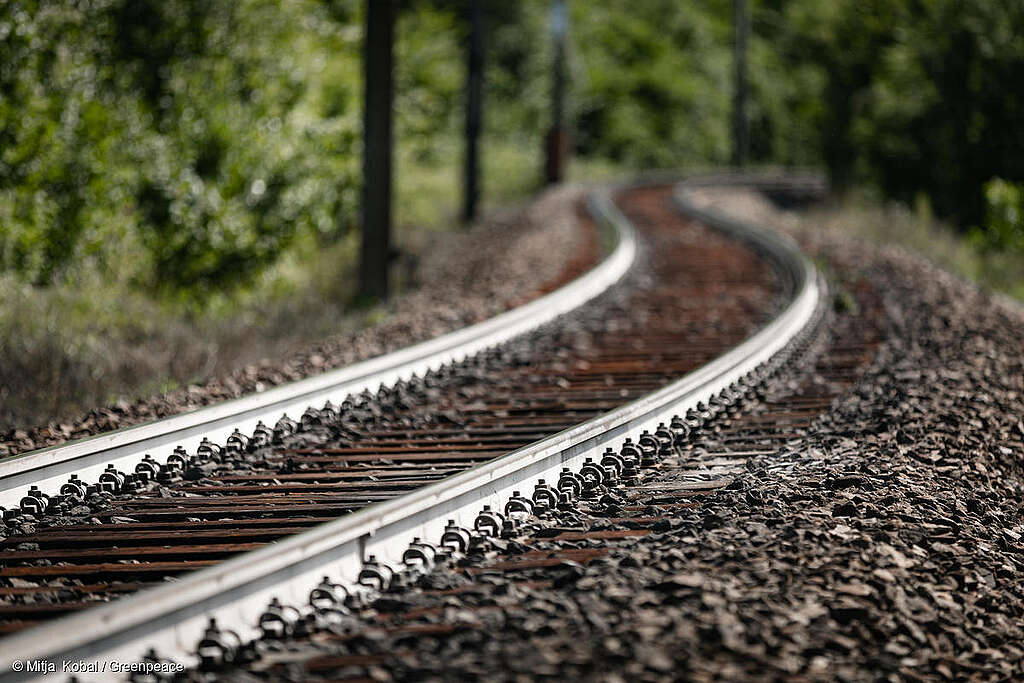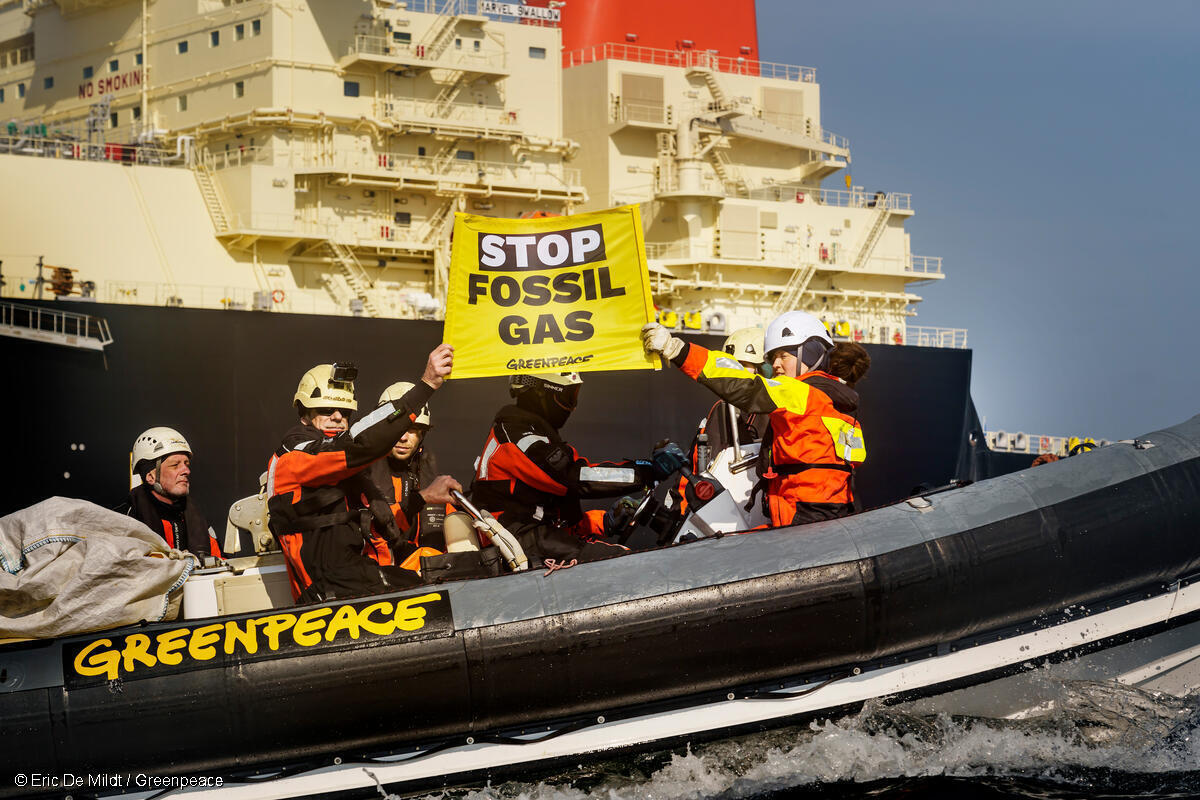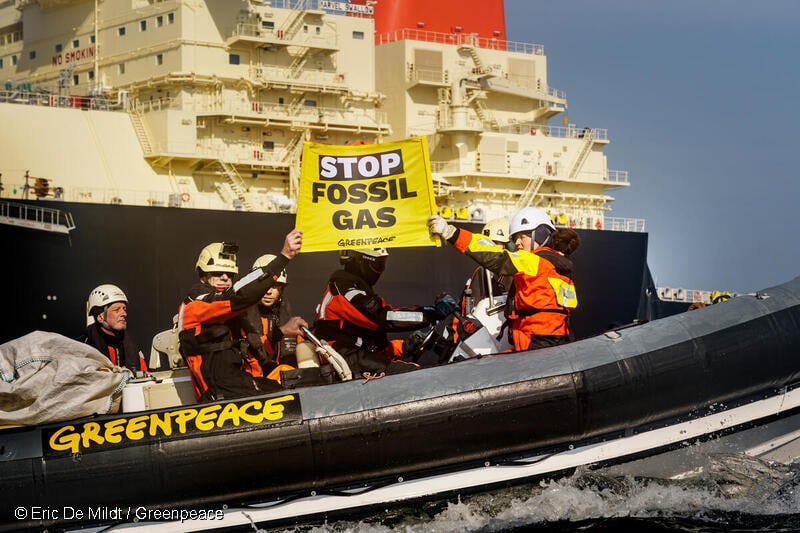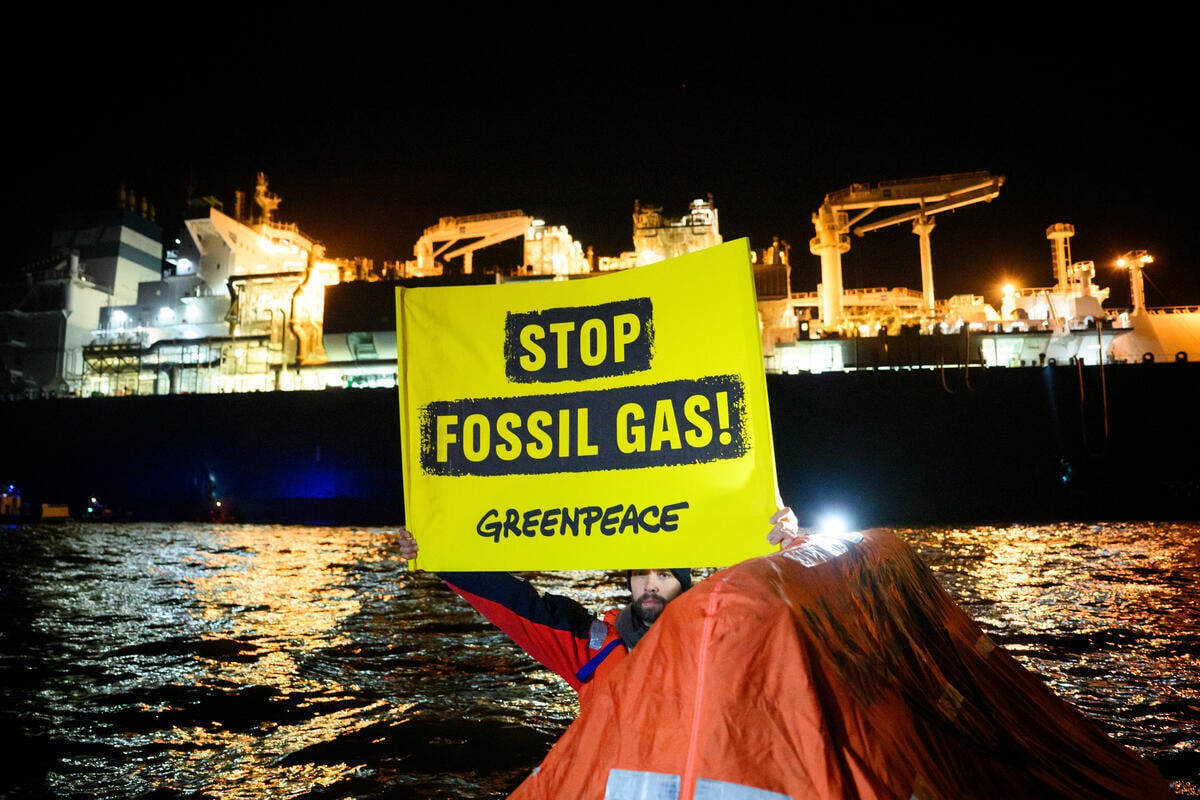
Read “Connection Failed” from Greenpeace Central and Eastern Europe here
Brussels, 2 July 2024 – Greenpeace Central and Eastern Europe has analysed 990 routes between 45 major European cities, and found that just 114 routes (12%) are served by direct train connections. There are another 305 routes (31%) where a direct connection would be possible using existing tracks, but the route is unserved.
Commencing direct daytime services or night trains up to a maximum journey time of 18 hours on the 305 currently unserved routes would be relatively straightforward and would more than triple the number of direct rail connections available between major European cities, according to the new research.
The analysis also finds almost six times as many direct flight connections between the cities in the analysis as direct train connections. 69% of the 990 total routes are served by direct flights, demonstrating that Europe’s transport infrastructure still encourages people to fly rather than take the train despite aviation’s far more damaging environmental impacts.
Herwig Schuster, transport campaigner for Greenpeace Central and Eastern Europe, said: “For years, Europe has rolled out the red carpet for climate-damaging air travel, showering it with tax breaks, while trains and rail infrastructure have withered away. Today we face huge gaps in our rail network and a considerable untapped potential for direct trains, mainly because of misguided mobility spending priorities. It’s time for European governments and the EU to correct this historic imbalance by improving the connectivity and comfort of trains and ending the unfair advantages of the airline industry. Europeans deserve access to clean, efficient, comfortable and affordable public transport that is good for them and good for the planet.”
None of the cities analysed by Greenpeace is fully exploiting its potential for direct train services.
Even in Vienna, the city with the most direct train connections (17), direct trains run on only 59% of the possible routes. Based on existing tracks and timetables, there is a potential for 12 more direct train connections to and from Vienna.
After Vienna, the cities that are best connected by direct train are Munich (15 connections, potential for 14 more), Berlin (14 connections, potential for 14 more), Zurich (13 connections, potential for 15 more) and Paris (13 connections, potential for 16 more).
The six worst connected cities by direct train are Athens, Lisbon, Pristina, Sarajevo, Skopje and Tallinn, none of which have a direct train connection to any of the other major European cities in this analysis.
In Europe, there has been a political stalemate for years on increasing direct rail connections and making it easier to switch from air and car to climate-friendly rail travel. Although the European Commission announced 15 new cross-border projects for the EU in December 2021 as part of its latest railway plans, this number has since been reduced to only 10 in early 2023, and no new route has been implemented yet.
The total number of cross-border passenger night trains in Europe has fallen from 1,257 per week in 2001 to 445 in 2019. Greenpeace is calling on the EU and national governments to support the development of direct train services through investment in infrastructure, better cooperation between railway companies, and mandating direct trains where they are not yet commercially viable.
The 45 cities included in the analysis are: Amsterdam, Athens, Barcelona, Belgrade, Berlin, Birmingham, Bratislava, Brussels, Bucharest, Budapest, Chisinau, Cologne, Copenhagen, Edinburgh, Hamburg, Istanbul, Kyiv, Lisbon, Ljubljana, London, Luxembourg, Lyon, Madrid, Marseille, Milan, Munich, Naples, Oslo, Paris, Podgorica, Prague, Pristina, Riga, Rome, Sarajevo, Skopje, Sofia, Stockholm, Tallinn, Valencia, Vienna, Vilnius, Warsaw, Zagreb, and Zurich.
Contacts:
Herwig Schuster, Greenpeace Central and Eastern Europe campaigner: +43 664 4319 214, [email protected]
Greenpeace EU press desk: +32 (0)2 274 1911, [email protected]
For breaking news and comment on EU affairs: WhatsApp and X
Greenpeace is an independent global campaigning network that acts to change attitudes and behaviour, to protect and conserve the environment and to promote peace. We do not accept donations from governments, the EU, businesses or political parties. Greenpeace has over three million supporters, and 26 independent national and regional organisations with offices in more than 55 countries.
Greenpeace EU now has a dedicated WhatsApp channel for EU journalists. As well as links to press releases and comments on EU affairs, the channel will be the first place to get multimedia content like photos, videos and audio clips. You can sign yourself up here. Click the bell icon if you want to receive channel notifications whenever there’s a new post. Please share the link and spread the word!
EU Transparency Register: 9832909575-41



